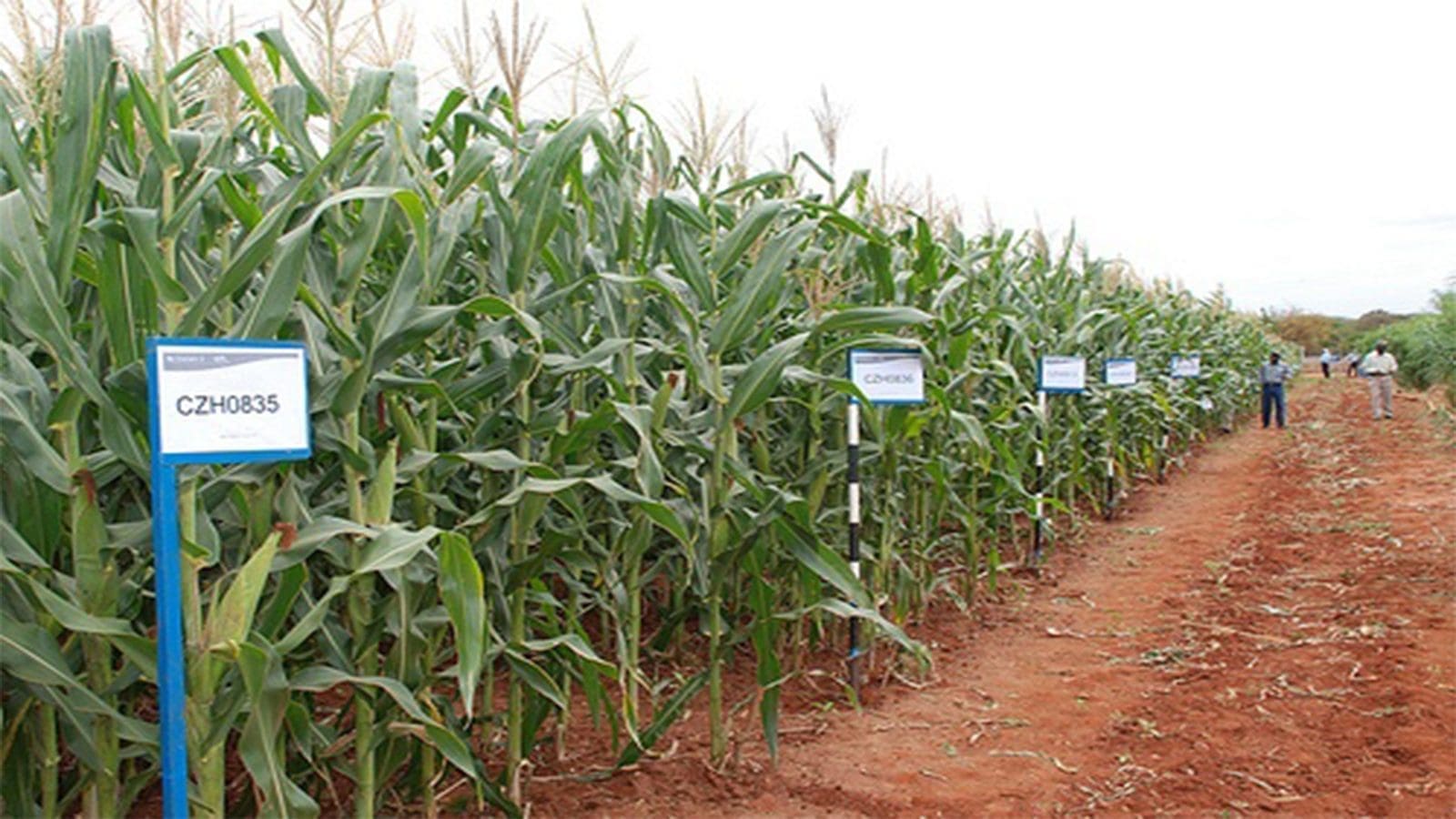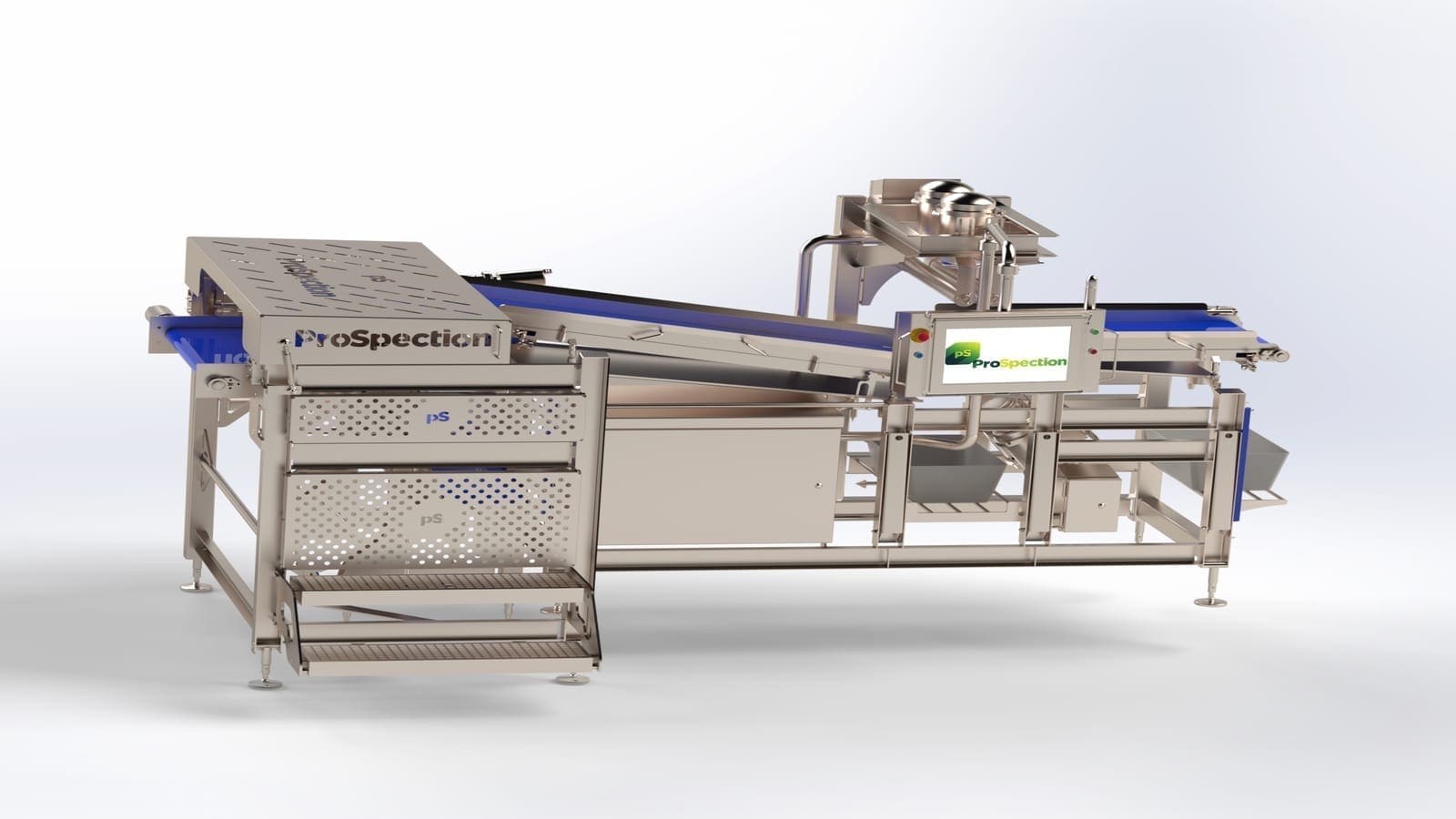KENYA – Kenya’s Ministry of Agriculture is expected to green-light the release of three new varieties of maize that were found to be resistant to the invasive Fall Army Worm (FAW) parasite.
A major development in the global battle against fall armyworms, the discovery follows three years of rigorous research and trials done in Kenya and during the United Nations International Year of Plant Health.
The three maize varieties are anticipated to receive approval from the National Varieties Release Committee (NRVC), chaired by the Ministry of Agriculture, by February 20 following which they will be published in the government gazette within 14 days.
The Kenya Plant Health Inspectorate Service (KEPHIS), which serves as the NVRC’s secretariat, recommended that the FAWTH2001, FAWTH2002, and FAWTH2003 be released after some preliminary results showed promising efficacy against the pest.
Eliud Kireger, Director General of the Kenya Agricultural and Livestock Research Organization (KALRO) claims that the new types will aid in decreasing the losses that farmers have been dealing with ever since the insect was discovered in the nation in 2017.
“This is a milestone as far as fighting the spread of FAW is concerned. The varieties have been taken through the requisite processes and in the next about two weeks, the varieties will be approved by the NVRC and eventually gazetted awaiting commercialization by seed companies,” said Dr. Kireger.
The development of FAW-tolerant maize cultivars, according to International Maize and Wheat Improvement Center (CiMMYT) Director Dr. Prassana Boddupalli, was the result of a collaboration between national and international research groups.
He said that the project introduced new technologies and tolerant maize varieties to contain the spread of FAW in the country with the varieties developed from Mexico germplasm.
He was working on a program called Plant Health Innovation Platform (PHIP), which seeks to use the Integrated Pest Management (IPM) of FAW using various technologies.
“Climate change is a reality and in these new climates that are warmer and drier we need to have crop varieties that can better this drought stress considering that Kenya has suffered one of the worst droughts last year and the only way to deal with the challenge is to accelerate breeding drought plus heat tolerant crops together with resistance to major diseases and insect pests,” he said.
He continued by saying that because of the government’s announcement, decision, and final recommendations, innovation has already been made possible by the availability of biological control agents, biopesticides, and other essential ingredients.
“What is being done together with the farmers in the field is identifying the packages that work well for them to be scaled up,” he said.
CiMMYT donates equipment
CiMMYT also donated equipment worth ksh 62.3 million (USD 500,000) to the Kiboko research Centre in Makueni comprising a seed drier shed, cold room, and water reservoir to support irrigation.
According to Dr. Prassana, the irrigation reservoir will create conditions that are favorable for the formation of the germ-plasm, and the dryer will be able to swiftly dry the field materials by reducing the moisture content from 34% to 16% within 24 hours.
This, he continued, will also speed up the process, allowing them to grow three crops per year in this way rather than just two.
He noted that the cool room facilities will further allow breeders and seed system experts to keep seed in good quality for longer periods of time.
Dr. Prassana added that the same will be distributed to local organizations and agricultural extension units for commercialization once approved, as reported by Kenya News Agency.
For all the latest food safety news from Africa and the World, subscribe to our NEWSLETTER, follow us on Twitter and LinkedIn, like us on Facebook and subscribe to our YouTube channel.








